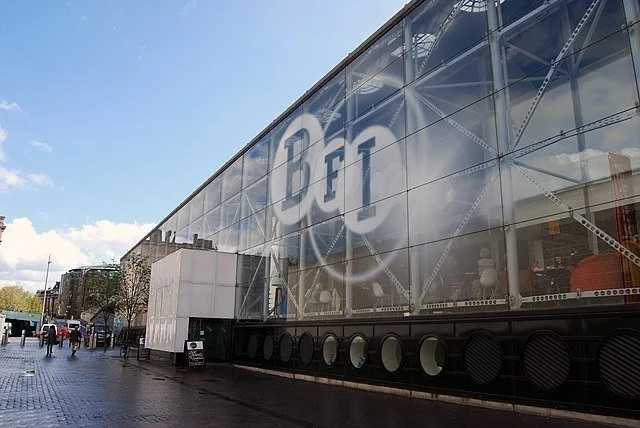Review: Liquor Store Dreams
BFI Southbank
Standing in front of the small audience squeezed into a theatre at the Curzon cinema in Soho, So Yun Um - with her peachy hair, chunky black biker boots and somewhat timid demeanour - invited us into her world. The crowd was filled with film fanatics attending the BFI London Film Festival, which annually hosts a range of fiction and non-fiction screenings, talks and workshops across the city. Upon leaving the stage she remarked “you’re going to really get to know my reality”.
In her directorial documentary debut ‘Liquor Store Dreams’, So Yun Um navigates her reality as a ‘liquor story baby’, offering a deeply personal insight into both her family and the wider community of Korean liquor store owners. The footage is raw, at times grainy, and often feels like a home movie. The added glimpses of So Yun Um setting up her tripod and taking footage, including moments where her father takes the camera and focuses and zooms in on objects around him gives the film an intimate immediacy. At times, the black-and-white shots and dramatic voice-over feels staged, as if So Yun Um is leaning into the sensationalised Netflix docuseries formula.
However, the subject matter is far from fictionalised. The film grapples with generational trauma, challenges and interrogates the stereotype of the angry Korean liquor store owner, and addresses attitudes towards mental health and anti-black sentiments within the Korean community. Furthermore, the film feels as if it is a part of So Yun Um’s own personal growth. I could not help but feel as though making the film was a form of audio-visual therapy; bringing her parents into the process as a way, not only to initiate an overdue dialogue about the issues within their community, but also to get them to see and accept her career as a filmmaker. I didn’t dislike this; I felt as if I learnt alongside So Yun Um and was given access to a community that I otherwise would not have sought to know more about. However, I wonder where she will go next. Although the subject matter forced her to be vulnerable and address the difficult topics of shame, blame and reflection, it felt safe: the story was hers to capture.
As with many documentaries, luck is a huge factor, and for So Yun Um, this project started at the right time. Turning initially to the LA riots which saw swathes of Korean stores set on fire, and then to the shooting of Latasha Harlins by a liquor store owner, the film explores historical unrest, COVID-19, and the tensions that arose with the Black Lives Matter Protests and the murder of George Floyd. All this is carried by Danny Park, So Yun Um’s best friend, who takes over his parent’s liquor store and uses his position in the community to reconcile Black and Korean conflicts. He opens up further about suicidal thoughts and the legacy of mental illness affecting Korean men. The film covers a lot, arguably too much.
During the 80 minutes sat in the Curzon cinema, So Yun Um impressed upon me the ambition of her camera work. She intersects archive footage with observational and interview-based styles, artistic angles and even ends the film with a somewhat off-beat comedic performance of her dad lip-syncing, while the ‘characters’ of her film dance along. I feel as if So Yun Um is yet to narrow down on her documentary voice, but the film showcases her potential. All eyes turn to see what she does next.

